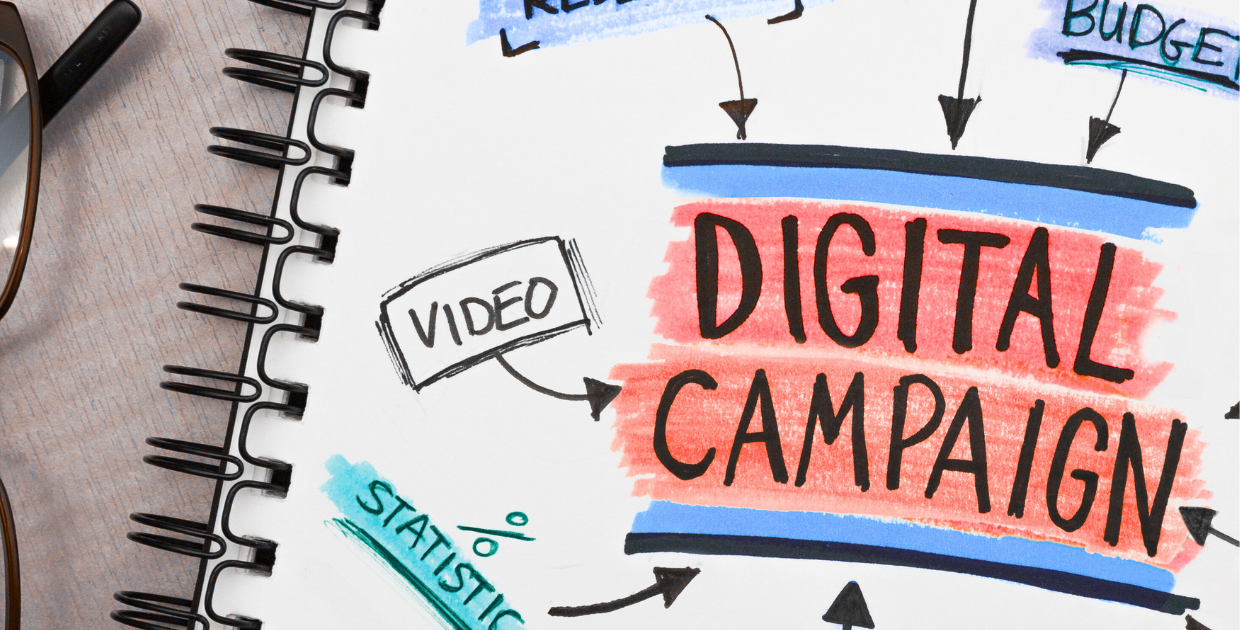Katie Harbath is Chief Global Affairs Officer at Duco Experts. From 2011 to 2021, Katie was the Public Policy Director at Facebook where she led global outreach to elected officials, political parties, and campaigners around the world.
In our conversation, we check in on Facebook’s role in the 2024 election.
- Anchor Change (newsletter)





